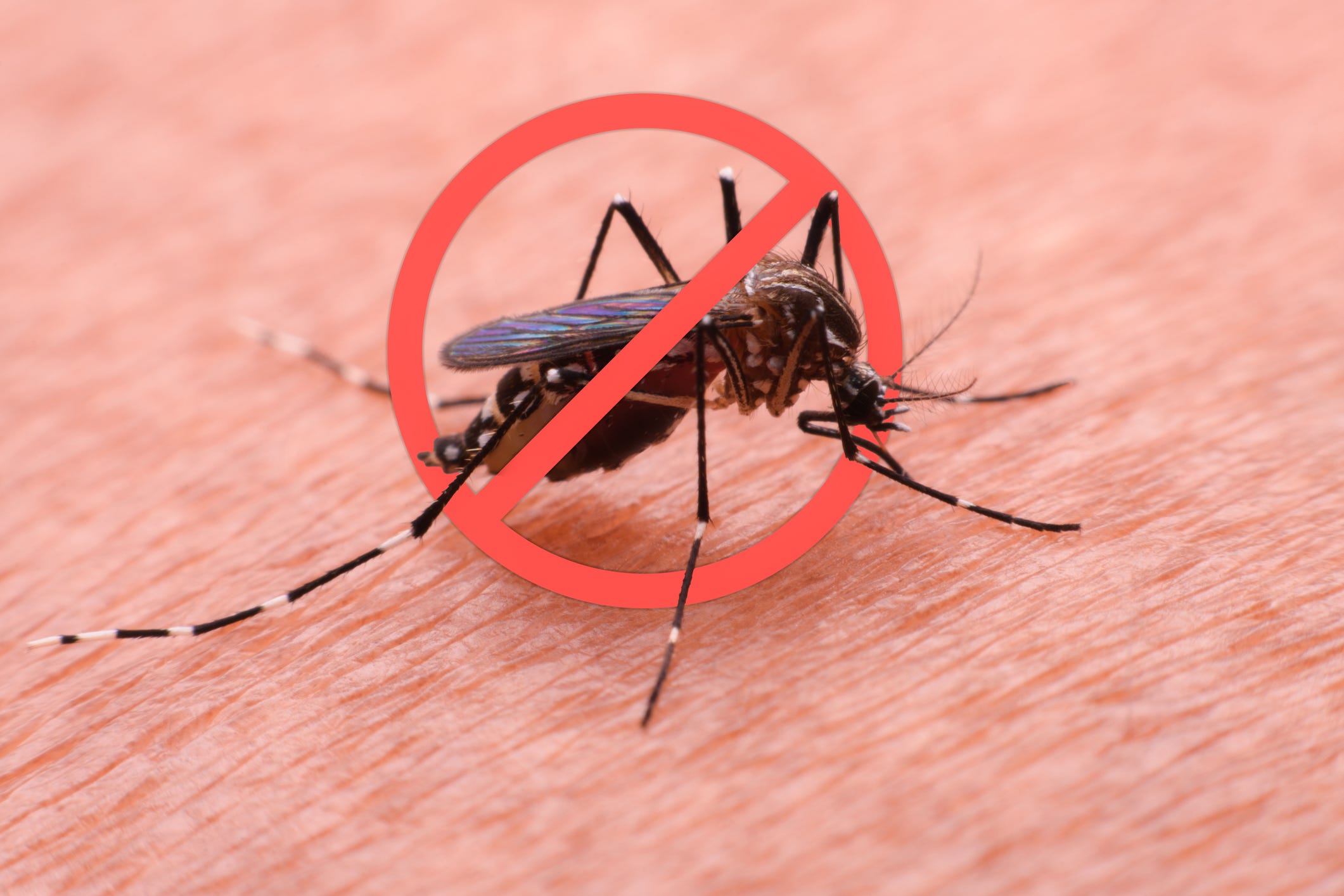Understanding the Mosquito Problem in Franklin County
Franklin County residents are experiencing a surge in mosquito activity this summer. The increase is attributed to a wet late spring, which has created ideal conditions for mosquito breeding. As a result, the county’s mosquito and tick-borne disease team is working diligently to manage the growing population. Their efforts focus on identifying and eliminating breeding sites, particularly in wooded areas and near bodies of water.
Each week, staff members patrol the county to locate potential mosquito habitats, such as standing water and dense vegetation. Their goal is to prevent these areas from becoming major issues. While control methods like treating standing water and using evening truck-mounted sprays are employed, the announcement highlights that these strategies are not foolproof. Environmental factors play a significant role in determining the long-term success of mosquito management.
Steps Residents Can Take to Reduce Mosquito Populations
Residents can take several proactive measures to help reduce mosquito numbers around their homes. One of the most effective actions is to check for standing water on their properties. Even small amounts of water, such as those found in bottle caps, can serve as breeding grounds for mosquitoes. Homeowners are encouraged to inspect common items like buckets, flowerpots, bird baths, tarps, and old tires, and to remove any standing water. If water cannot be removed, products like mosquito dunks or mosquito bits can be used to kill larvae. These products are widely available at home goods and hardware stores.
Another recommendation is to spray vegetation around homes and yards with a product designed to kill mosquitoes. Mosquitoes thrive in dense vegetation, so applying a spray that leaves a residue can help control their numbers. However, homeowners should avoid spraying flowering plants to protect pollinators like bees and butterflies.
Protecting Yourself from Mosquito Bites
Using DEET products on exposed skin is also suggested as an effective way to repel mosquitoes. DEET works well but should be reapplied periodically, similar to sunscreen. Additionally, permethrin products can be applied to clothing but not directly to the skin. Clothing treated with permethrin should be allowed to dry before wearing and can remain effective for up to six weeks or after six washes.
For those looking for alternative solutions, devices like Thermacell can create an invisible barrier against mosquitoes. These units heat a pad containing allethrin or prallethrin, preventing mosquitoes from entering the area around the user. Wearing long-sleeve shirts and pants can also provide a physical barrier against bites, as mosquitoes cannot penetrate fabric.
Adjusting Outdoor Activities and Using Fans
Adjusting outdoor plans can also help reduce exposure to mosquitoes. They are most active during dawn and dusk, so staying indoors during these times can significantly lower the risk of bites. Additionally, placing an electric fan nearby can help, as mosquitoes struggle to fly in windy conditions.
The announcement emphasizes that some methods, such as using natural predators like bats or planting certain flowers, are less effective compared to the recommended strategies. In extreme cases, large-scale aerial sprays may be used if West Nile virus is prevalent, but these are costly and reserved for inaccessible breeding grounds.
Reporting Mosquito Breeding Sites
Franklin County residents are encouraged to report new mosquito breeding sites and areas of high mosquito activity. Reports can be made to Jason Goetz, the Franklin County Mosquito and Tick-Borne Disease Control Specialist, via email at [email protected] or by phone at 717-753-0776. Each report is reviewed, although not all will result in a spray. For more information about the county’s mosquito and tick-borne disease program, visit www.franklincountypa.gov/mosquito-tick-borne-disease-program.



